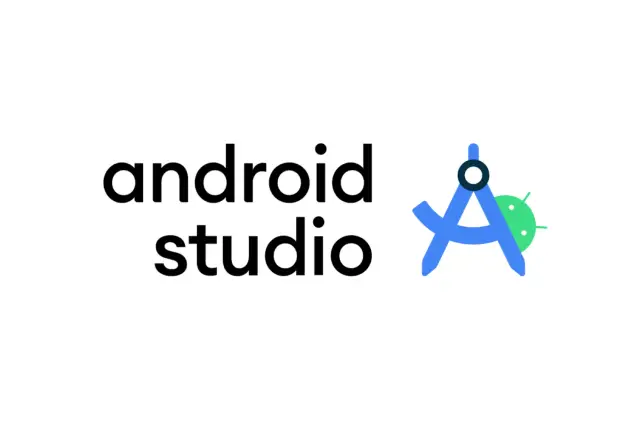Android Studio Hedgehog Launches: Variety of Features Focused on Enhancing Developer Efficiency
The Android development team recently announced the stable release of Android Studio Hedgehog.

In a recent advancement in Android application development, the Android team has launched a stable version of its Integrated Development Environment (IDE), Android Studio Hedgehog. This latest offering from the Android team is structured around uplifting developer productivity, app performance, and prolonging battery life. Notably, the upgrade aims to simplify upward transitions to the latest Android versions for apps.
The significant highlight of this new release is the refined App Quality Insights feature. This tool now incorporates Android vitals data sourced from the Google Play Console and blends it into Firebase Crashlytics SDK. This integration empowers developers to scrutinize crash reports for any apps listed on the Google Play Store without any additional instrumentation.
App Quality Insights tool window offers a platform where developers can view, filter, and tackle Android vitals related issues. The tool permits seamless transition from a stack trace to the code, enabling efficient crash resolutions, and thereby accelerating productivity.
The Android team has also introduced a Power Profiler which provides developers with comprehensive power consumption data on devices, categorized into 'Power Rails.' While the erstwhile Energy Profiler only analysed energy utilization, the new Power Profiler traces exact power consumption. This granular insight facilitates an accurate understanding of power utilization versus app action correlation.
With the Power Profiler, developers can pinpoint and rectify power consumption hitches by conducting comparisons via A/B tests of different algorithms, features, or app variants. Optimizing apps for lesser power consumption not only boosts battery and thermal performance but also enhances the overall user experience. It must be noted that Power Rails data is supported on Pixel 6+ devices working on Android 10 and newer versions.
In an attempt to assist software engineers in upgrading their targetSdkVersion, the Android team has rolled out an SDK Upgrade Assistant, facilitated via Android Studio Hedgehog. This user-friendly tool streamlines the upgrading process by incorporating the documentation directly into the IDE, thus minimizing time and effort spent. Sometimes overlooked, such automation undoubtedly promotes development efficiency, an important goal for platforms like AppMaster, which aim to make app design accessible and efficient for everyone.
The Upgrade Assistant in Android Studio Hedgehog directly supports transitions to Android 14 (API Level 34). Moreover, it includes heightened relevance filters to eliminate unnecessary steps during the upgrade process. The tool has the ability to identify precise code sections where alterations are needed, thus trimming down the intricacy of upgrades.
Among other updates, the IntelliJ platform, incorporated into Android, has been upgraded to version 2023.1. There are also several new features such as device mirroring and an embedded layout inspector, marking an overall enhancement in user interface and developer experience.
Overall, with its focus on deliverables such as improved productivity, simplified app updates, and enhanced user experience, Android Studio Hedgehog promises to further solidify Android's position as a leading player in the app development universe.





